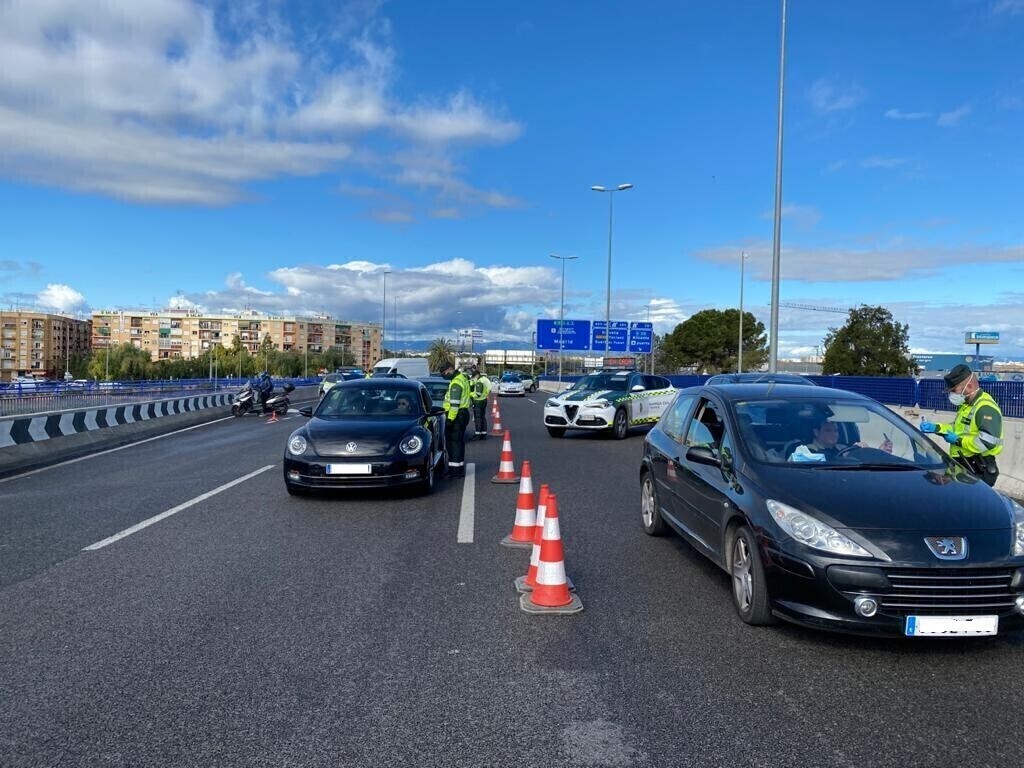
The highest fines that the DGT are those of not have the car insured. These vary by vehicle, but generally exceed 600 euros.
In addition, not having the car insured can have other consequences, not pass the IVT, pay the expenses in case of causing accidents and not having legal defense. Below are reviews of fines for not having insurance.
The car has to be insured, even if it is not driving
The owner of a car must have at least one liability insurance. This is stipulated in Article 2 of the Law on civil liability and insurance in the circulation of motor vehicles.

“All owners of motor vehicles that have their usual parking lot in Spain will be obliged to subscribe and keep in force an insurance contract for each vehicle they own, which covers, up to the amount of the limits of the compulsory insurance, civil liability.”, reads the aforementioned article.
Therefore, you must have an insurance contract and be up to date with the payments, the same applies in case of having several cars.
Read More: What is the best month to buy a car in Spain and why?
What if, Even if we don’t drive with it, it must be insured. The regulation obliges to have, at least the minimal insurance. This is because even parked it can cause damage to other cars if it is in a community garage. An example of this is that it catches fire.
Fines of up to 1,500 euros if the car does not have insurance
Consequently, it is specified that the penalties for not having insurance range from the 600 and 3005 euros of fine. The amounts depend on the seriousness of the damage caused.

Among the most serious are those imposed by never have taken out insurance and another for not have it in force.
Fines for not having contracted the insurance
- Cars: 1,500 euros (or 750 euros with reduction)
- Heavy quadricycles: 1,500 euros (or 750 euros with reduction)
- Motorcycles: 1,250 euros (or 625 euros with reduction)
- Mopeds and light quadricycles: 1,000 euros (or 500 euros with reduction)
- Trucks and buses: 2,800 euros (or 1,400 euros with reduction)
Fines for not being up to date with insurance payments
- Cars: 800 euros (or 400 euros with reduction)
- Heavy quadricycles: 800 euros (or 400 euros with reduction)
- Motorcycles: 700 euros (or 350 euros with reduction).
- Light mopeds and quadricycle: 650 euros (325 euros)
- Trucks and buses: 1,500 euros (750 euros)
Can I be fined for not bringing the insurance receipt?
This type of fine is interpretative according to the regulations. Article 14 referring to the terms on the accreditation of compulsory insurance states that:
“The validity of the compulsory insurance will be verified by the agents of the authority by consulting the Informative File of Insured Vehicles. Failing that, the validity of the insurance will be accredited by proof of payment of the premium for the current insurance period, provided that it contains, at least, the identification of the insurance company, the license plate, insurance plate or distinctive sign of the vehicle. , the coverage period and the indication of compulsory insurance coverage”.

This explains that if the telematics system fails and the agents could not verify that the vehicle is insured, the receipt would have to be used to prove it to the authorities.
This same article specifies that failure to comply with the obligation to present “insurance supporting documentation” will be sanctioned with a fine of 60 euro.
Writing New Electric Autos Source: motorpassion




